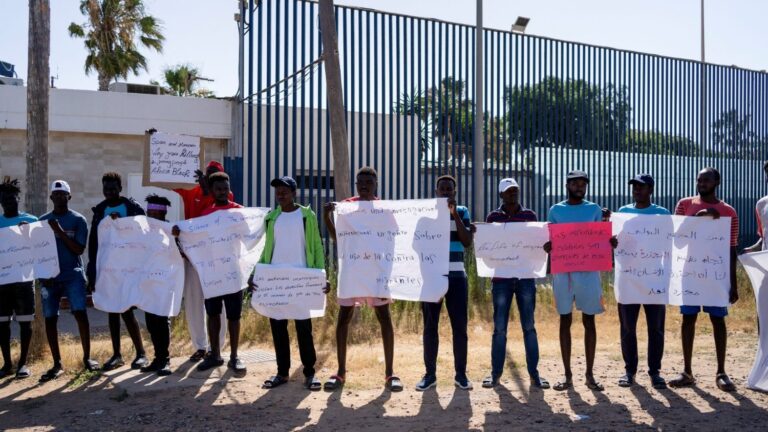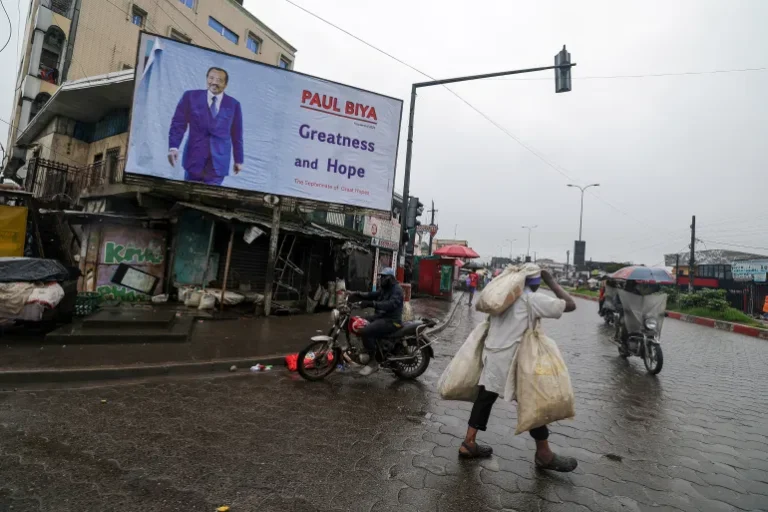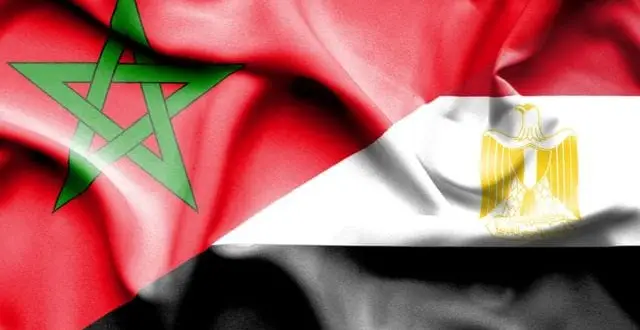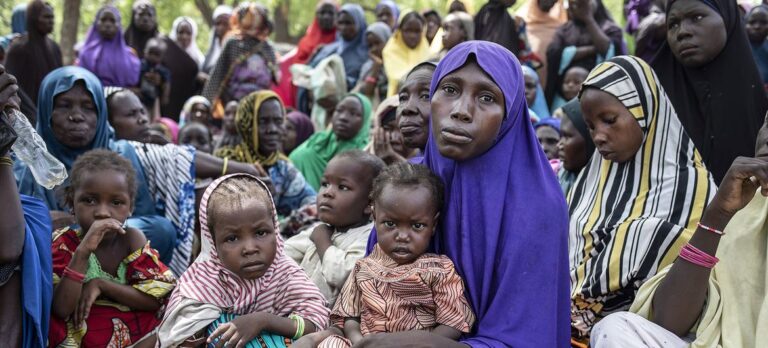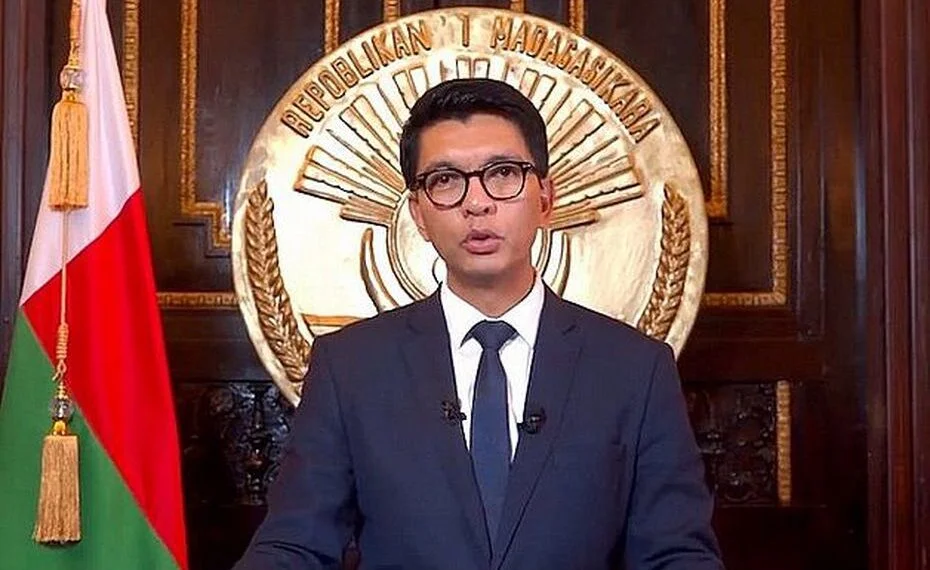
Madagascar is in the throes of one of its most significant political crises in recent history, as President Andry Rajoelina has been exfiltrated from the country amid widespread social unrest and military mutinies.
On October 12, 2025, the president was discreetly evacuated by a French military aircraft, marking a dramatic turn in the political instability that has engulfed the island since late September.
The exfiltration, which took place after a series of protests demanding Rajoelina’s resignation, highlights the intensifying turmoil in Madagascar.
According to sources, including Radio France Internationale, the president was first flown by helicopter to Sainte-Marie Island, off Madagascar’s east coast, before boarding a French military plane bound for Réunion.
His final destination remains uncertain, with reports suggesting that he and his family may have fled to Dubai.
While France has insisted that the evacuation was part of a bilateral agreement and not an act of political interference, the implications are far-reaching, with many questioning the role of foreign powers in the crisis.
The unrest that led to Rajoelina’s departure began on September 25, when persistent power and water shortages sparked protests, initially led by the youth-driven “Gen Z” collective.
What started as grievances over basic services quickly escalated into political demands for the president’s resignation.
The protests spread across the country, growing in size and intensity, and clashes with law enforcement became increasingly violent.
The government’s response, which included violent crackdowns on demonstrators, only served to fuel the unrest. Tensions reached a boiling point when several military units, including the key CAPSAT force—which played a role in Rajoelina’s rise to power in 2009—refused to follow orders and joined the protesters. This military insurrection was a significant turning point, further undermining the government’s authority.
The mutiny reached a symbolic crescendo when General Nonos Mbina Mamelison declared himself the head of the national gendarmerie, effectively breaking with the government and deepening the crisis.
This shift has raised concerns about the possibility of a military takeover, reminiscent of the events of 2009, when Rajoelina, then mayor of Antananarivo, seized power with military backing.
As Rajoelina’s departure has left a political void, the government, led by the newly appointed Prime Minister, has called for dialogue. However, public distrust and the lack of a unifying political figure make any peaceful resolution seem unlikely.
The uncertainty surrounding the country’s future is further compounded by fears that the social movement could be co-opted by military or political elites, derailing its original goals of social justice and democratic reforms.
The international community, including the United Nations and the African Union, has called for restraint and dialogue, urging all parties to avoid violence and ensure that any political transition is legitimate.
Regional players are watching closely, aware of the delicate situation and the risk of further instability in the region.
Madagascar stands at a crossroads. With its institutional order in question and the specter of military influence looming large, the country faces a critical moment.
Will this crisis lead to a genuine democratic transformation, or will it result in another cycle of authoritarian rule under a different guise? The coming weeks will determine whether Madagascar can break free from its history of political instability or fall back into old patterns of power struggles.
